F.R.A. Bit-less Bridle Dietsji with Reins Black/Blue
Eager for a bridle that lets your horse feel comfy and in control? The F.R.A. Bit-less Bridle Dietsji with Reins could be your perfect pick.
Old School Comfort
This bit-less bridle revisits an age-old method. Before bits were a thing, folks used something simple around the horse’s head to lead and control them. This method puts pressure on the nose, neck, and cheeks instead of the mouth.
How It Works
The trick is in its design dubbed the Cook system. The leather noseband has rings just behind the cheek pieces. Leather straps criss-cross over the chin and neck, giving your horse gentle guidance.
Easy to Adjust
One buckle does it all! The cheek piece and criss-cross straps adjust easily on the left side. Plus, the straps come with soft padding to keep your horse comfy.
Perfect Positioning
You’ll want the noseband on the hard part of your horse's nose. Keep the chinstrap snug but not too tight, to stop the bridle from twisting. Don’t worry if the cheek pieces puff out a bit – it's normal.
Steering and Stopping
Want to turn? Pull the right rein to apply pressure to the left cheek, and vice versa. Need a stop? Tug both reins to signal your horse with gentle pressure across the nose, neck, and chin.
Important features
- Age-old bit-less design for horse comfort
- Pressure on nose, neck, and cheeks, not the mouth
- Cook system leather noseband and cross straps
- Soft padding for neck comfort
- Adjustable cheek piece and criss-cross straps on the left side
- Single buckle for easy adjustment and positioning
- SKU: 44874624
- Brand: F.R.A.
- Color: Black/Blue
Shipped within 2 to 4 business days
Black/Blue
If you have an account, log in to see the points you can earn.
Free shipping from € 75,-*
30 days return
Customers rate us with a 9.2
Complimentary products
Reviews
New content loaded
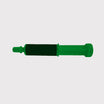 Horse Pharmacy
Horse Pharmacy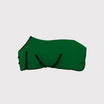 Rugs
Rugs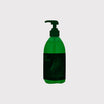 Care
Care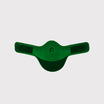 Saddle and Attachments
Saddle and Attachments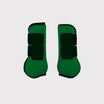 Leg Protection
Leg Protection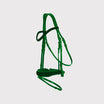 Bridles
Bridles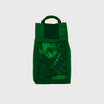 Feed
Feed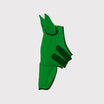 Fly Masks
Fly Masks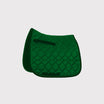 Saddle Pads
Saddle Pads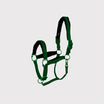 Headcollars and Ropes
Headcollars and Ropes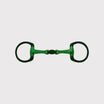 Bits
Bits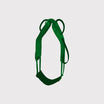 Other Disciplines
Other Disciplines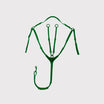 Reins and Auxiliary Reins
Reins and Auxiliary Reins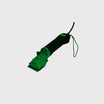 Clipping
Clipping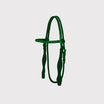 Western
Western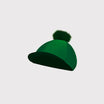 Eventing
Eventing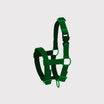 Foals
Foals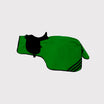 Reflection
Reflection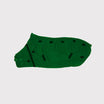 Therapy Products
Therapy Products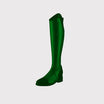 Boots and Shoes
Boots and Shoes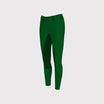 Breeches and Belts
Breeches and Belts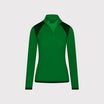 Tops
Tops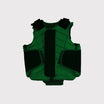 Safety
Safety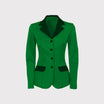 Competition
Competition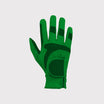 Gloves
Gloves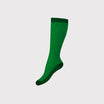 Socks
Socks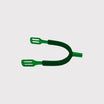 Spurs and Attachments
Spurs and Attachments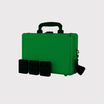 Technology
Technology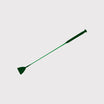 Whips
Whips Gifts
Gifts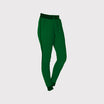 Casual Wear
Casual Wear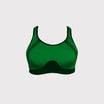 Underwear
Underwear Rider Pharmacy
Rider Pharmacy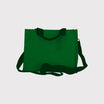 Bags
Bags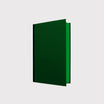 Books
Books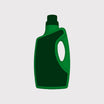 Laundry supplies
Laundry supplies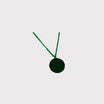 Jewelry
Jewelry Feed and Waterbowls
Feed and Waterbowls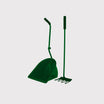 Equipment
Equipment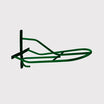 Tack Room
Tack Room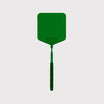 Pest Control
Pest Control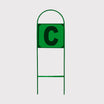 Arena
Arena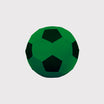 Horse Toys
Horse Toys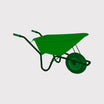 Wheelbarrows
Wheelbarrows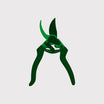 Yard
Yard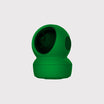 Surveillance
Surveillance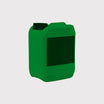 Disinfect
Disinfect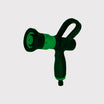 Washing Area
Washing Area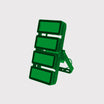 Lighting
Lighting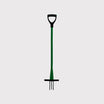 Horse Pasture
Horse Pasture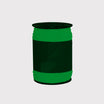 Current Conductors
Current Conductors Pole
Pole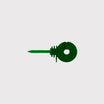 Insulators
Insulators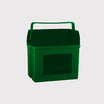 Energisers
Energisers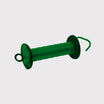 Gate Handles
Gate Handles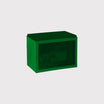 Batteries and Accumulator
Batteries and Accumulator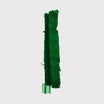 Nets
Nets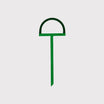 Grounding
Grounding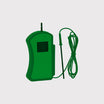 Tools
Tools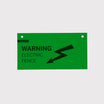 Fencing Security
Fencing Security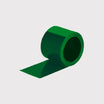 Wolf Defense
Wolf Defense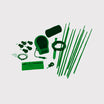 Fencing Sets
Fencing Sets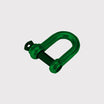 Fence locks
Fence locks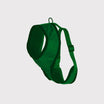 Dogs
Dogs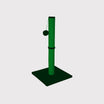 Cats
Cats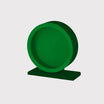 Rodents
Rodents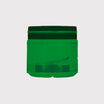 Dogs Pharmacy
Dogs Pharmacy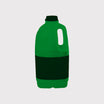 Rodents Pharmacy
Rodents Pharmacy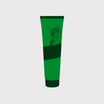 Cats Pharmacy
Cats Pharmacy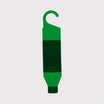 Cattle Pharmacy
Cattle Pharmacy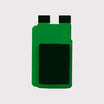 Poultry Pharmacy
Poultry Pharmacy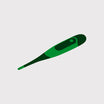 Veterinary Supplies
Veterinary Supplies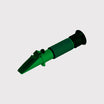 Cattle
Cattle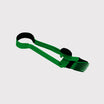 Sheep and Goats
Sheep and Goats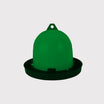 Poultry
Poultry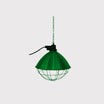 Heat Lamps
Heat Lamps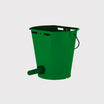 Calves
Calves Marking
Marking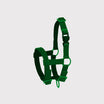 Halters
Halters




















































































